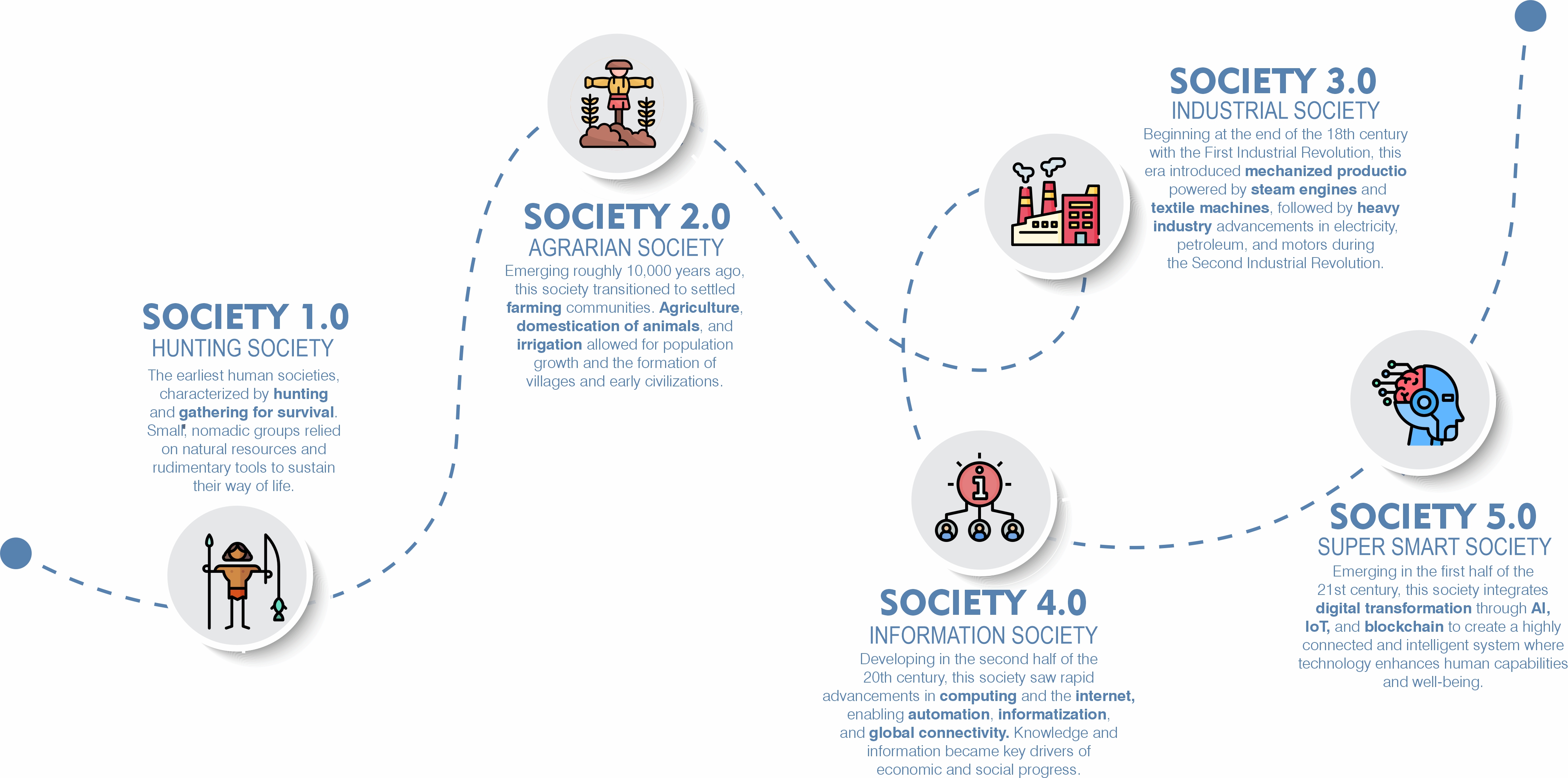
APA Style
Constantine Andoniou. (2025). Rewiring Education for a Super-Smart Society: Cognitive Integrity, AI Ethics, and the Future of Knowledge. Computing&AI Connect, 2 (Article ID: 0023). https://doi.org/Registering DOIMLA Style
Constantine Andoniou. "Rewiring Education for a Super-Smart Society: Cognitive Integrity, AI Ethics, and the Future of Knowledge". Computing&AI Connect, vol. 2, 2025, Article ID: 0023, https://doi.org/Registering DOI.Chicago Style
Constantine Andoniou. 2025. "Rewiring Education for a Super-Smart Society: Cognitive Integrity, AI Ethics, and the Future of Knowledge." Computing&AI Connect 2 (2025): 0023. https://doi.org/Registering DOI.
 ACCESS
Research Article
ACCESS
Research Article
Volume 2, Article ID: 2025.0023

Constantine Andoniou
constantine.andoniou@adu.ac.ae
1 College of Arts and Sciences, Abu Dhabi University, Khalifa City, Abu Dhabi, United Arab Emirates
Accepted: 29 Aug 2025 Available Online: 01 Sep 2025
Education systems need to establish methods for protecting cognitive integrity and epistemic trust as artificial intelligence increasingly controls knowledge delivery, educational processes and institutional decision processes. Society 5.0 presents a human-centered digital civilization that uses AI to enhance educational foundations instead of substituting them. The proposed Cognitive-AI Interaction Framework (CAIF) serves as a model to study how artificial intelligence transforms educational knowledge production and interpretation processes. The framework uses socio-technical systems (STS) theory together with Ubuntu, Kaitiakitanga, Confucian and Buddhist thoughts, Buen Vivir and Human Rights principles to identify three epistemic modalities: (a) Epistemic Anchoring, (b) Cognitive Mediation Systems, and (c) Synthetic Knowledge Environments. These modalities demonstrate how AI affects trust mechanisms and personalization processes and meaning construction in learning systems. Education protection in Society 5.0 demands both inclusive technology implementation and epistemic governance to maintain ethical design, interpretive transparency and human cognitive autonomy. The paper recommends strategic outputs to help implement ethical AI systems in curriculum development and policy creation and pedagogical design.

Disclaimer: This is not the final version of the article. Changes may occur when the manuscript is published in its final format.
We use cookies to improve your experience on our site. By continuing to use our site, you accept our use of cookies. Learn more